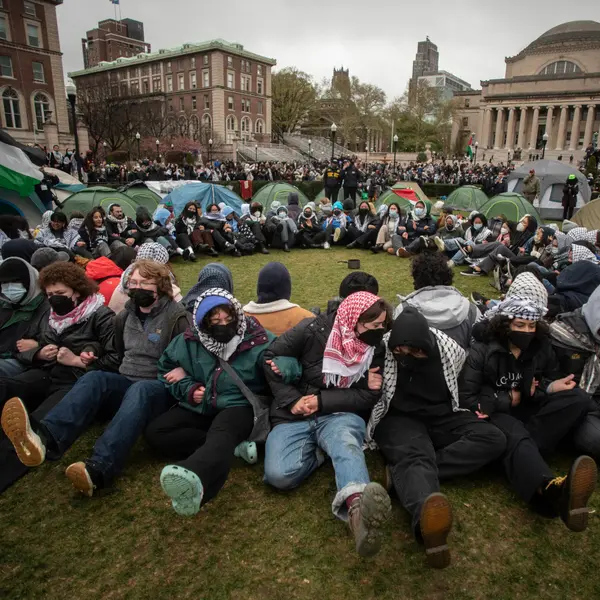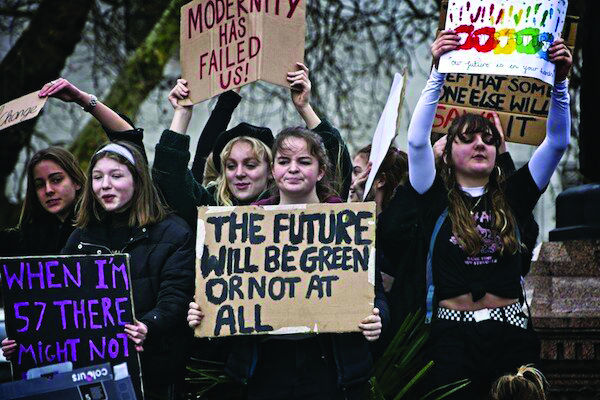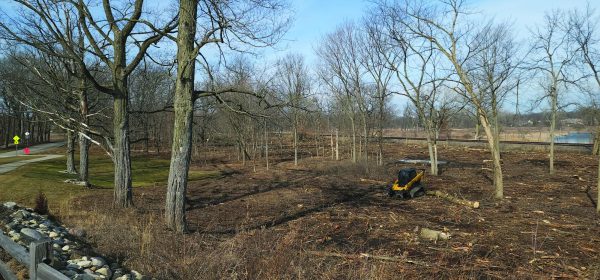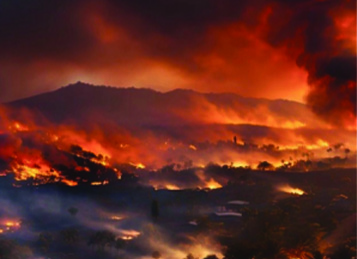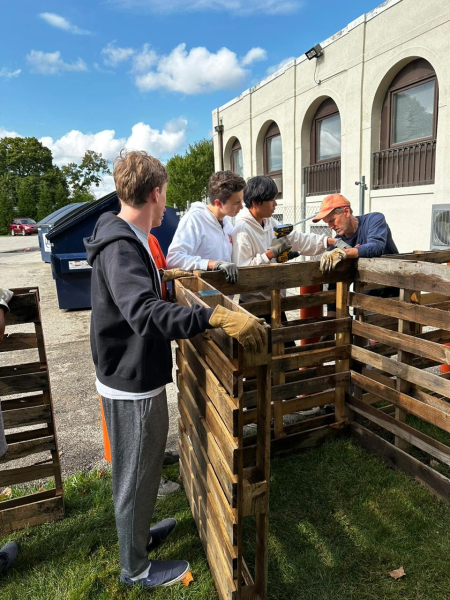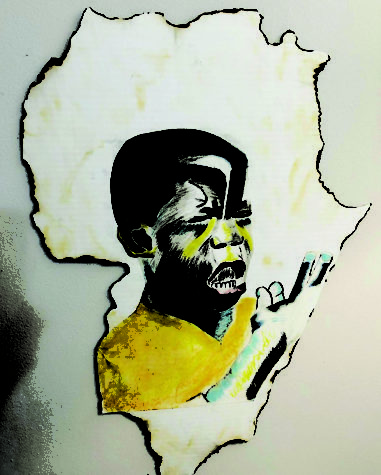LFA’s Connection to Increasing Fatal Violence in Chicago
September 27, 2018
While Chicago is known for being the third largest city in the United States with great tourist attraction sites, parts of Chicago are also notorious for their fatal violence. This past summer the weekend of Friday, August 3 to Monday, August 6, which was noted by the Chicago Tribune to be “one of the most violent weekends of the year in Chicago”, 74 people were shot in the South and West Sides of Chicago and 12 of those shots were fatal.
While this is not new news for Englewood, Chicago native and Lake Forest Academy (LFA) senior, Donte Sibley, he still feels bad for the victims who have died and the lives they could not live.
“That’s been happening since I was like in fifth grade. To me it’s more a sad thing that all these kids don’t have an opportunity to live.”
The CPD said the shootings were due to gangs opening fire on attendees of outdoor gatherings such as block parties and funerals.
LFA’s Fitness Manager, Eric Ball, has been witnessing this type of violence in Chattam, a neighborhood in Chicago’s South Side, since he was young and has seen the great number of victims who have died from these acts of violence, and therefore has been normalized to it.
“I saw gang fights in my junior high, and I’ve heard those numbers for so long, so I kind of get numb to it.”
Freshman, Safiya Nicol, who used to live in Pilsen, Chicago but currently resides in Beverly, Chicago, remembers being used to hearing police car sirens and ambulances at her elementary school in Chattam.
“I didn’t know that it wasn’t normal to hear a ton of sirens. My friends and I would turn it into almost a game, and we would be like, ‘Guess the crime?’”
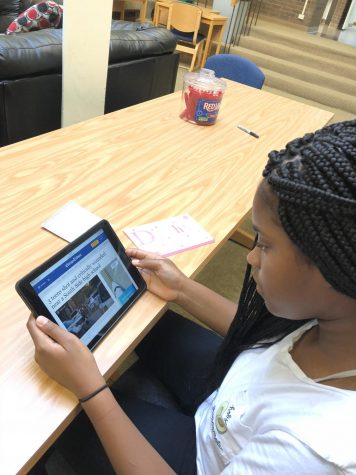
During his time at LFA, Eric has noticed the differences between what arouses stress among LFA students versus students from Chattam.
“I see kids at LFA complaining about ACT scores in the mid to high twenties while back home, kids are just trying to get a high enough score to get a scholarship.”
Sibley will be turning eighteen this November and is ecstatic to be overcoming a sad statistic of most inhabitants of these neighborhoods not making it to eighteen years old.
“A lot of kids in my generation did not see eighteen. A lot of them passed away when they were fourteen, thirteen, or sixteen years of age. Now that I’m almost turning eighteen, it’s actually crazy because I’m not a statistic, I kind of beat it.”
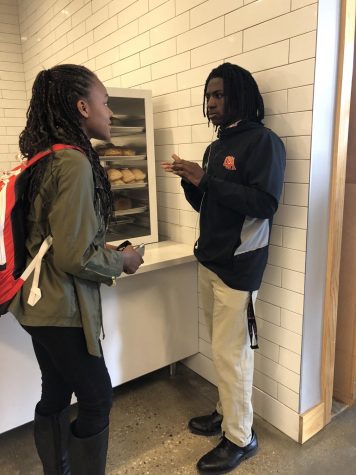
While violence happens on a daily basis in Englewood, it’s still home for Sibley and has shaped him to be the person he is today.
“The media specifically picks on the Englewood community and tries to make it out as though we’re all gangs, but there are a lot of good things in the community if people just did their research.”
Even though the news covers stories on the violence going on in neighborhoods like Englewood or Chattam, they are still filled with resilient people with amazing stories ready to take on the world with the cards they have been dealt.






